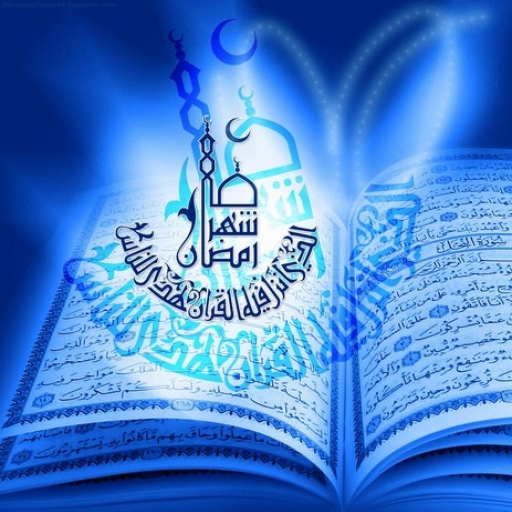“O you who believe! Fasting is prescribed to you as it was prescribed to those before you. so that you may learn self restraint.” Quran 2:183
One of the key practices of Islam, the month of Ramadan is one spent in reflection and religious worship through the act of fasting. Ramadan is the ninth month of the Muslim lunar calendar and one of the holiest of all months.
For the world’s 1.6bn Muslims, including Britain’s 2.8 million-strong Muslim community, the annual event represents a time to fast and devote a particular focus to prayer, purification and charitable acts.
Beyond the simple act of fasting, each Muslim is called upon to pause and look within for guidance – somewhat of a month-long meditation on one’s actions, decisions and interactions with the outside world the month of Ramadan is also a month during which Muslims are asked to be generous with those less fortunates.
During the holy month, Muslims avoid nine things* including not let food or drink pass their lips from dawn to dusk (from the time of Adhan for Fajr prayers up to Maghrib) – unless of course for those individuals who for medical reasons, or age restriction cannot handle such demands.
While Ramadan can be a trying month, it is important to remember that whosoever experiences difficulties – whatever they may be, charity could be towards the fast, and days could be made-up at a later time.
A religion of moderation and compassion, Islam does not call on its communities to face unnecessary hardship in their worship – rather it inspires for all people to rise above their station through a greater understanding of the divine.
Why do Muslims fast?
Shia Islam has five pillars and ten practices. Pillars are the Oneness of God (tawhid), the Justice of God (‘adl), Prophethood (nubuwwah), Imamah, the Resurrection (me’ad).
Fasting (sawm in Arabic), is one of the key practices underpinning the Islamic faith. According to Shia Islam, the other practices that must be performed are Salat, Zakāt, Khums, Hajj, Jihad, Amr-bil-Maroof: enjoining what is right, Nahi Anil Munkar: forbidding what is wrong, Tawalla: expressing love towards Good, Tabarra: expressing disassociation and hatred towards Evil.
Fasting is seen as a way to purify spiritually as well as physically – a time to detach from material pleasures and be closer to God. The act of fasting is also believed to increase Muslims’ piety, reminding them that others are less fortunate than themselves.
Muslims will wake up before dawn for morning prayer and to eat before the day’s fast begins. Most will break their fast alongside their families in the evening with a communal “Iftar” meal, typically often started with dates.
Do all Muslims have to fast?
Fit and able Muslims are expected to fast, but others are exempt, and anyone travelling on a journey are also exempt.
Women who are on their periods are not expected to fast but make up the missed days at a later date.
What happens when Ramadan ends?
The end of the fasting month is marked with a big feast, the exchanging of gifts and celebrations, known as “Eid-ul-Fitr”.
- According to Ayatollah Sistani’s fatwa, there are nine acts which invalidate fast:
Eating and drinking, Sexual intercourse, Masturbation (Istimna) which means self abuse, resulting in ejaculation, Ascribing false things to Almighty Allah, or his Prophet or to the successors of the Holy Prophet, Swallowing thick dust, Immersing one’s complete head in water, Remaining in Janabat or Haidh or Nifas till the Adhan for Fajr prayers, Enema with liquids Vomiting.
LINK: https://www.ansarpress.com/english/6744
TAGS:































 Ramadhan Awareness
Ramadhan Awareness




